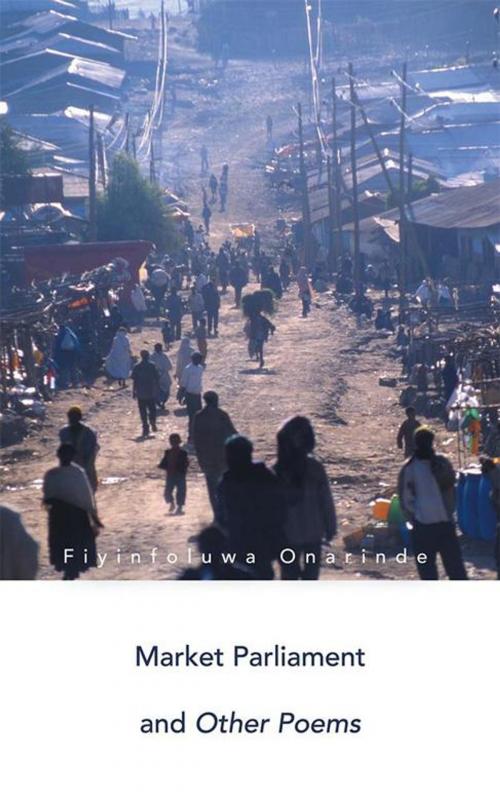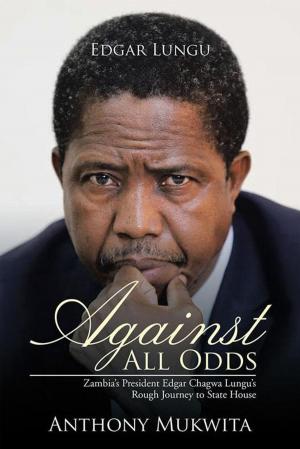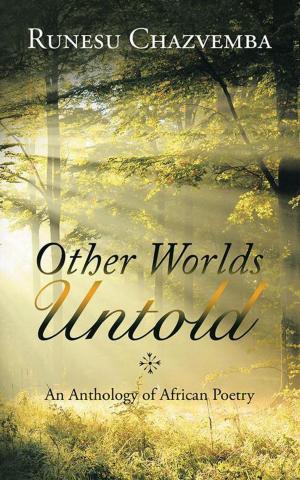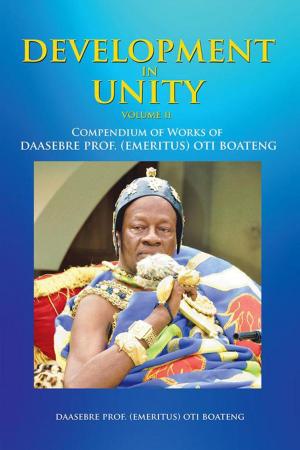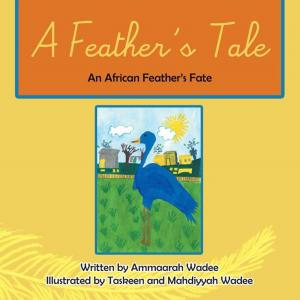Market Parliament and Other Poems
Nonfiction, Art & Architecture, General Art, Fiction & Literature, Anthologies, Poetry| Author: | Fiyinfoluwa Onarinde | ISBN: | 9781482806120 |
| Publisher: | Partridge Publishing Africa | Publication: | February 25, 2015 |
| Imprint: | Partridge Publishing Africa | Language: | English |
| Author: | Fiyinfoluwa Onarinde |
| ISBN: | 9781482806120 |
| Publisher: | Partridge Publishing Africa |
| Publication: | February 25, 2015 |
| Imprint: | Partridge Publishing Africa |
| Language: | English |
The inspiration for the lines in this collection of poems covers the experience of an African whose misery and disillusionment have been molded in the forge of hypocrisy, corruption, bad leadership, nepotism, and late terrorism. Though the collection of poems demonstrates existentialist inclinations, the artistic mimesis of the poems derives its creative essence from the poets reminiscence of the golden age of Yoruba culture. In his postmodern aesthetics, the author wittily weaves into his lines the rainbow of Yoruba epistemology. He gently tells us more about the drifting of a people wallowing in the quagmire of despondency. From home, Onarinde foregrounds the interplay of multiple intersections of political and religious showmanship, which is spelt out in the grand eloquence of the cross pollination of two evil breeds. He sings his song of remembrance to call his deluded brothers to the market square for a dialogue of thoughtful reflection about the impending calamity that bestrides their homestead. Far from home, he compares his native homeland in the midst of Christmas waste to other nations of the world who have little but are able to manage their resources and provide for their citizens in a meaningful way. He sings a beautiful song for Edwardsville, his new temporary home, in his medley of metaphors to show that a poets muse cannot be divorced from the beauty of nature, the ambience that nurtures his creativity. Ronald P. Schaefer Director, Centre for International Programs Distinguished research professor, Southern Illinois University Edwardsville
The inspiration for the lines in this collection of poems covers the experience of an African whose misery and disillusionment have been molded in the forge of hypocrisy, corruption, bad leadership, nepotism, and late terrorism. Though the collection of poems demonstrates existentialist inclinations, the artistic mimesis of the poems derives its creative essence from the poets reminiscence of the golden age of Yoruba culture. In his postmodern aesthetics, the author wittily weaves into his lines the rainbow of Yoruba epistemology. He gently tells us more about the drifting of a people wallowing in the quagmire of despondency. From home, Onarinde foregrounds the interplay of multiple intersections of political and religious showmanship, which is spelt out in the grand eloquence of the cross pollination of two evil breeds. He sings his song of remembrance to call his deluded brothers to the market square for a dialogue of thoughtful reflection about the impending calamity that bestrides their homestead. Far from home, he compares his native homeland in the midst of Christmas waste to other nations of the world who have little but are able to manage their resources and provide for their citizens in a meaningful way. He sings a beautiful song for Edwardsville, his new temporary home, in his medley of metaphors to show that a poets muse cannot be divorced from the beauty of nature, the ambience that nurtures his creativity. Ronald P. Schaefer Director, Centre for International Programs Distinguished research professor, Southern Illinois University Edwardsville
